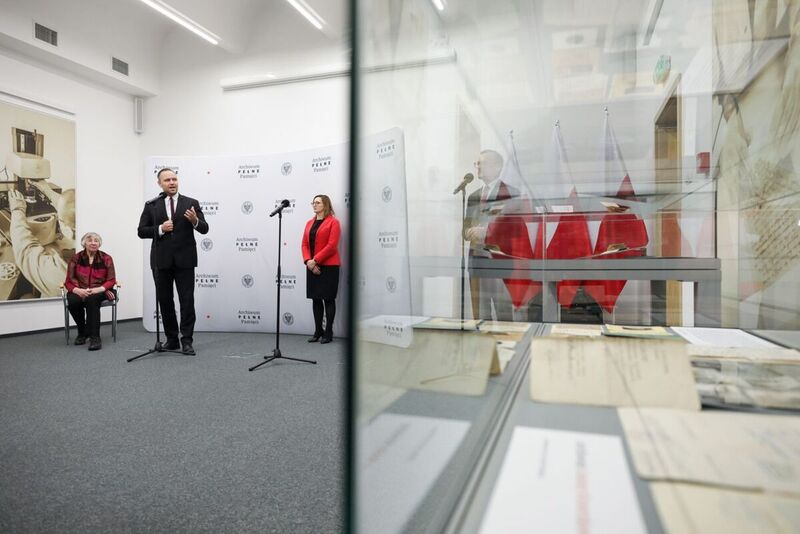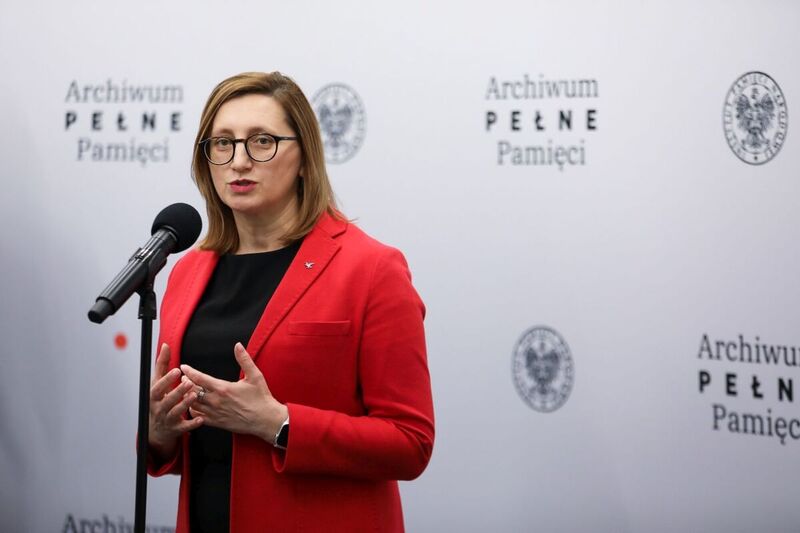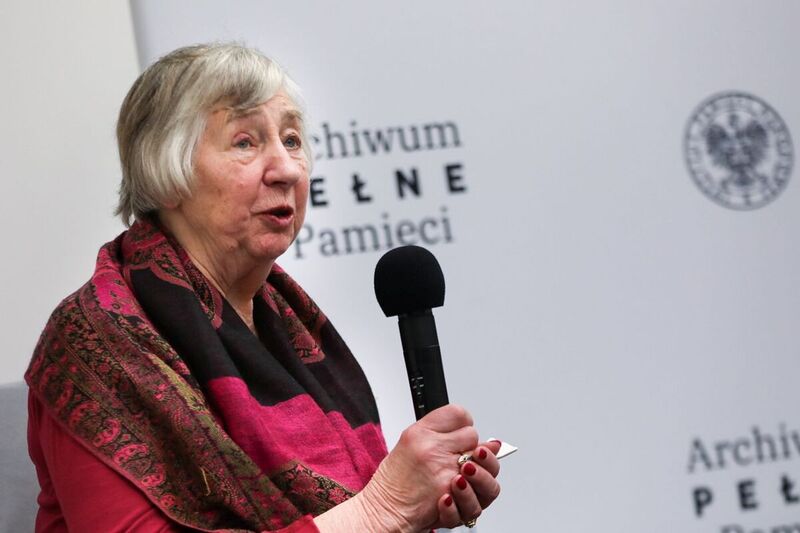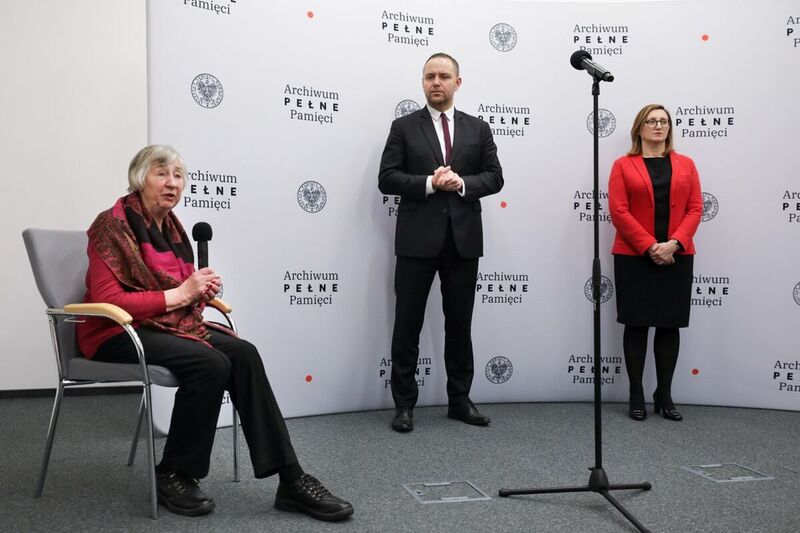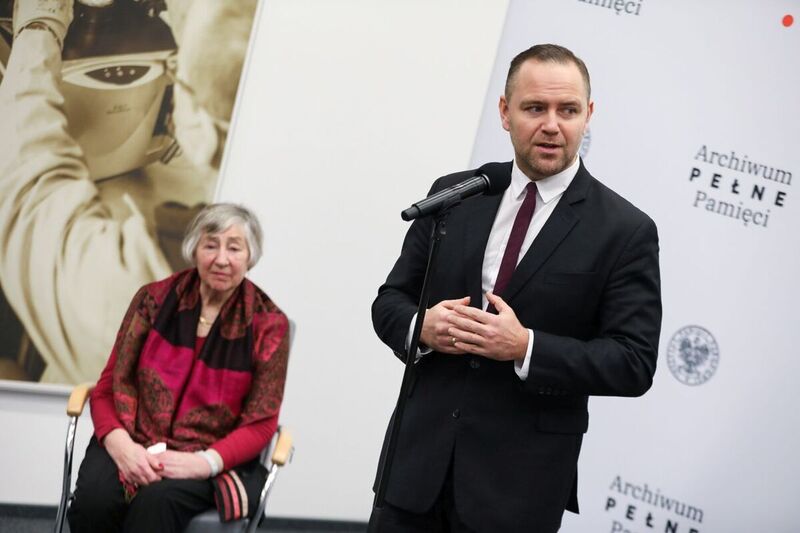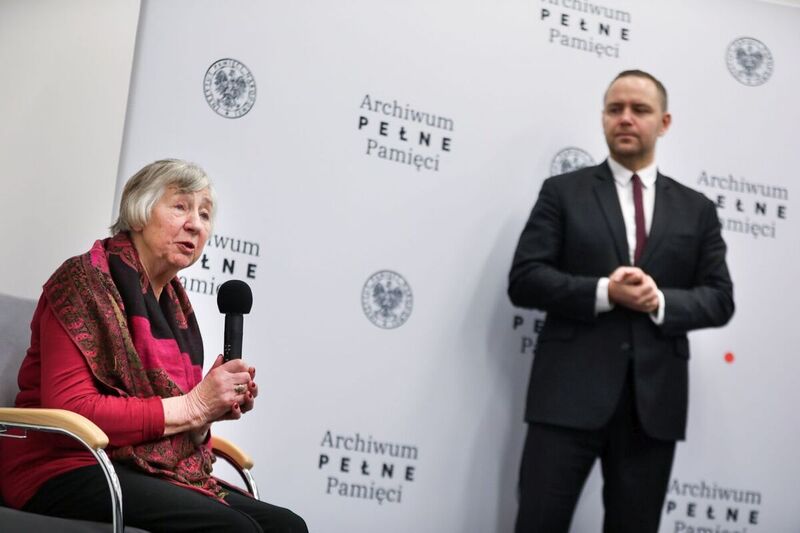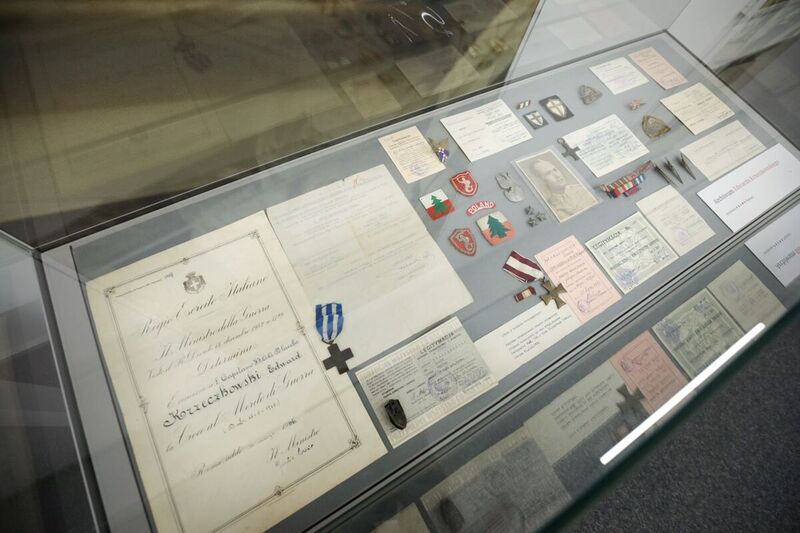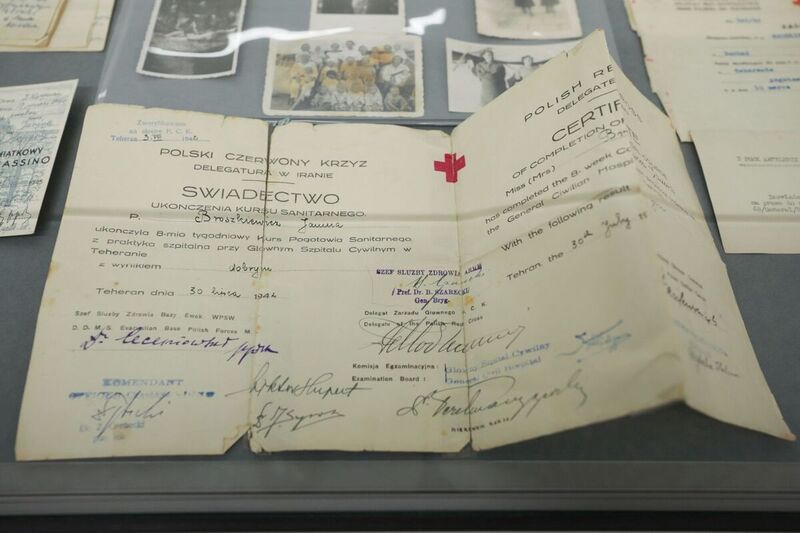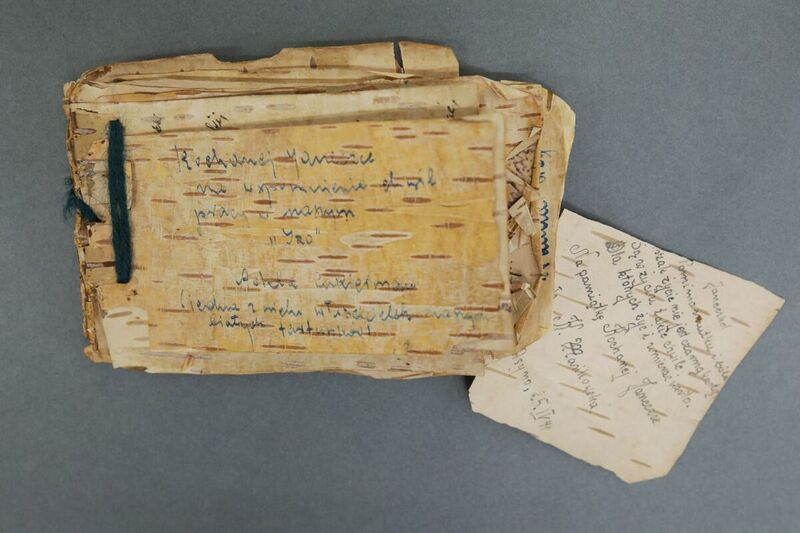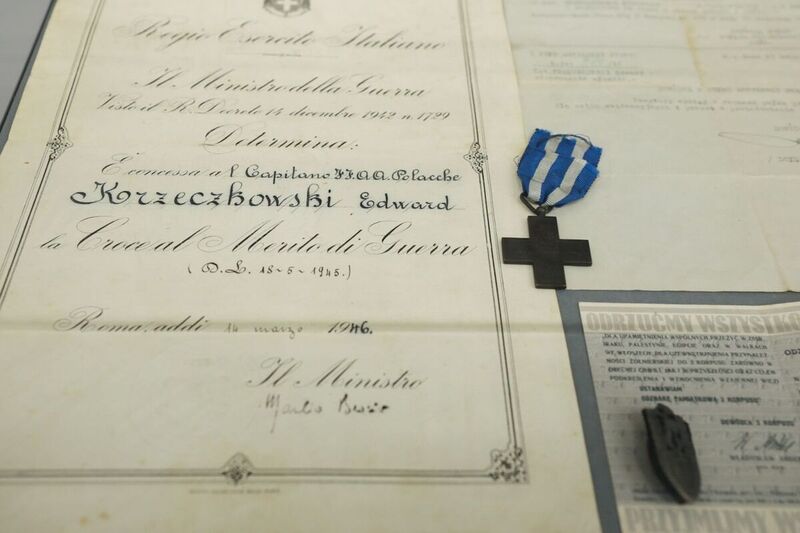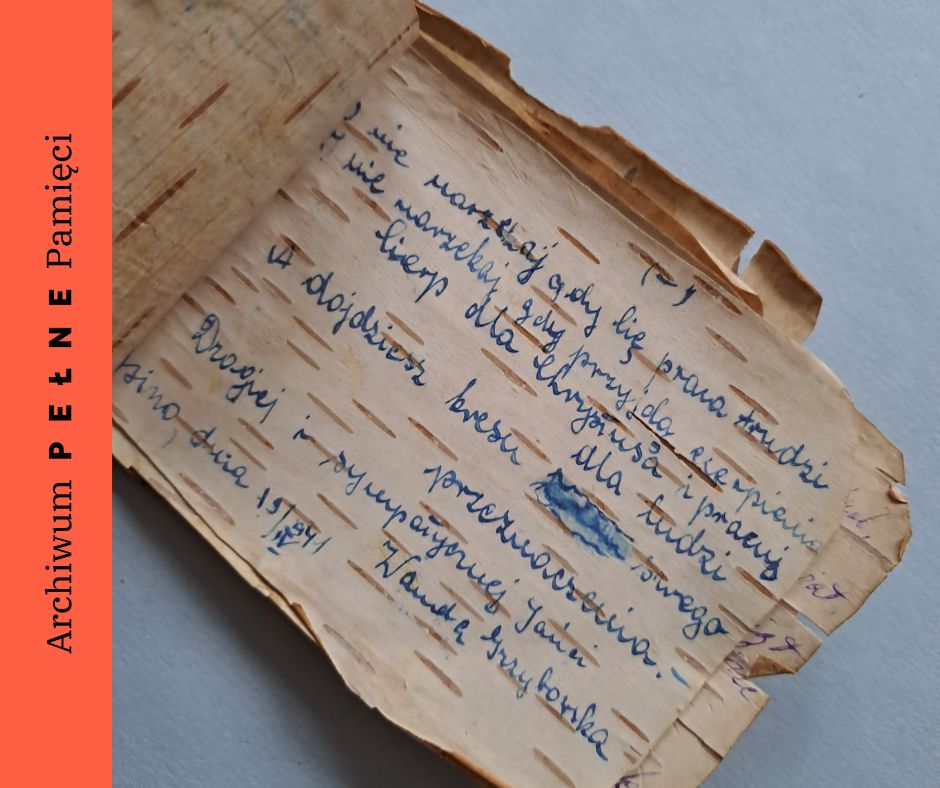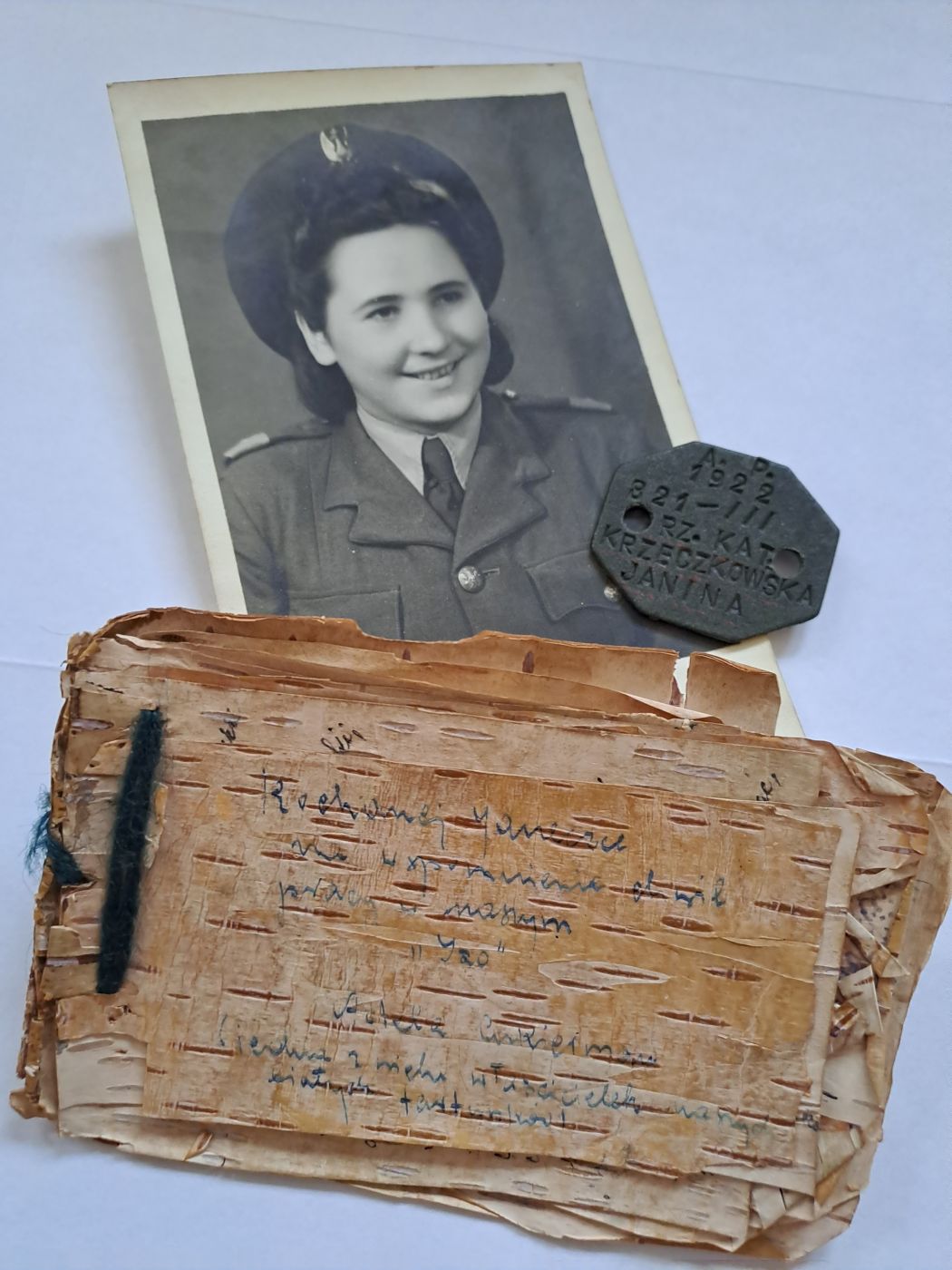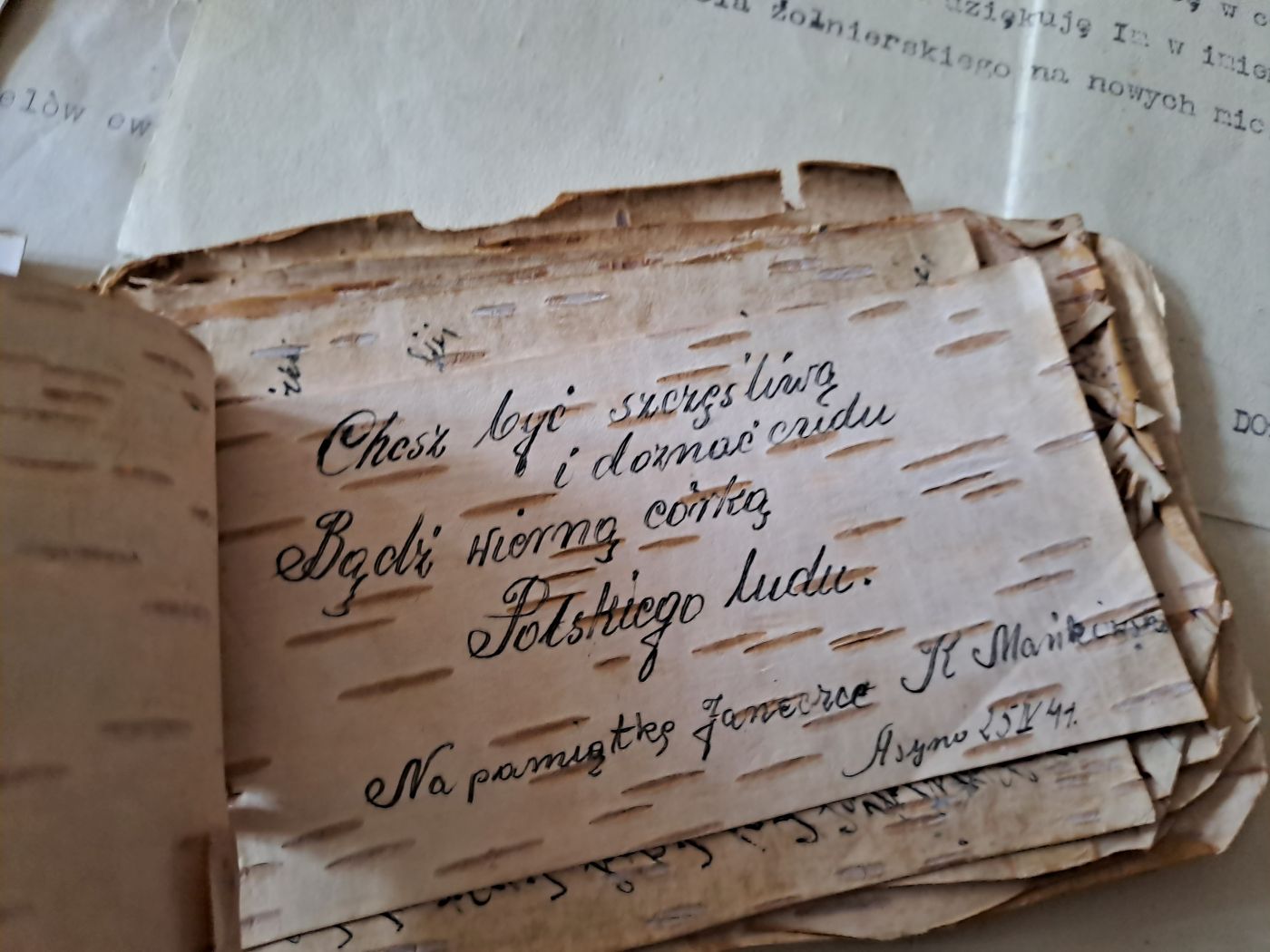Krystyna Krzeczkowska donated a number of artefacts, including a unique and invaluable notebook made of birch bark. The 18-page diary of her mother, Janina Krzeczkowska (née Broszkiewicz), features notes by her friends, who were with her in Siberia. It was their semblance of normalcy in this inhuman land, and these days it offers a striking account of the people who lived in exile together with Janina Broszkiewicz.
Documents written on birch bark, commonly known as gramotas (грамота) or “Russian papyrus” to this day carry important memories of the horrors experienced by the victims of Soviet repression. Birch bark was the material of choice for the sketches for one of the most outstanding works of Gulag literature, Aleksandr Solzhenitsyn’s The Gulag Archipelago.
In Poland, coming across such documents is exceedingly rare, and only two institutions – the Museum of the Second World War in Gdańsk and the Father Józef Jarzębowski Museum in Licheń – have them in their collections.
Last year, the UNESCO Committees in Lithuania, Latvia and Estonia put forward a motion supported by Poland, Finland, Moldova and Ukraine, suggesting that any notes on birch bark made by victims of the 20th-century deportations to the USSR should be added to the International Memory of the World Register.
Conference recording on the IPNtv channel. (Polish)
***
Janina Krzeczkowska (Broszkiewicz) was born in 1922 in Bochnia. Following the outbreak of World War II, she went to Lviv, where she started working as a paramedic – initially at the hospital on Kleparowska Street, later on Piekarska Street. She was arrested by the NKVD on 29 June 1940 and deported to Siberia, from where she went to Kazakhstan, where she worked in the village of Asino in a hospital isolation ward for typhoid patients. She was released on 1 October 1941 and left Asino four days later. On 21 October 1941, she managed to reach Buzuluk, which he soon left for Tehran. After arriving there, she worked from 9 April 1942 to 15 November 1943, first at the General Civilian Hospital, then at the Tehran Civilian Hospital. In July 1942, she completed an eight-week emergency medicine course with hospital practice in Tehran, which was organised by the Tehran Delegation of the Polish Red Cross. She joined the ranks of the Women’s Auxiliary Service as a volunteer. She then went to Palestine and followed the Anders Army through Egypt to Italy, where she continued to work at Military Hospital No. 7. In 1945, she passed the fourth-grade middle school exam before the State Examination Board at the Baccalaureate Courses for Women Volunteers in the Women’s Auxiliary Services in Porto San Giorgio. For her attitude and work, she was awarded the Star of the War of 1939—1945, the Star of Italy and the Monte Cassino Commemorative Cross (No. 41974). After the war, she settled with her family in Leicester, UK, where she passed away in 2006.
***
In October 2022, Krystyna Krzeczkowska handed over the memorabilia of her father, Captain Edward Krzeczkowski (1910—1972) to the IPN Archive in connection with the Archive Full of Remembrance project. The artefacts presented to the Institute included photographs, documents and medals with certificates (including the Monte Cassino Commemorative Cross, the Army Medal for War of 1939—1945, Badge of Honour of the 9th Bologna Carpathian Rifle Battalion, Badge of the 2nd Warsaw Armoured Division); the chronicle of the 1st Squadron of the 2nd Anti-Tank Artillery Regiment – a unit of the Polish Armed Forces in the West – covering the years 1945—1947; as well as papers: Taran. Jednodniówka Podchorążych Broni Pancernej (Tel Aviv, 1943, printed in 800 copies); 3 Karpacki Pułk Artylerii Ppanc. Jednodniówka (Rome, 1944, printed in 1000 copies); Przy kierownicy w Italii. Pismo Oddziałów Zaopatrywania i Transportu 3 DSK (Rome, 1945).
***
The archive of the Krzeczkowski family, along with the diary of Wanda Barbara Kociuba and the archive of the Association of Poles in India is yet another addition to the Institute’s international educational and memorial project Trails of Hope. The Odyssey of Freedom, acquired as part of the Archive Full of Remembrance campaign. With the Trails of Hope. The Odyssey of Freedom project, we intend to commemorate the armed struggle of the Polish Armed Forces during World War II, as well as the fate of the civilian population evacuated from the USSR with General Anders’ Army.
Archive Full of Remembrance
- Do you have keepsakes left by your parents or grandparents at home?
- Do you know about any items which may be historically significant?
- Let us know! The history of your family, as well as heirlooms and artefacts, can become part of Polish history.
- All original materials and objects provided to the Archive of the Institute of National Remembrance will undergo professional conservation treatments, fumigation and digitalisation.
- If you do not want to part with your keepsakes, you can lend them to us temporarily – we will digitalise them and include their digital copies in the archive collection, after which they will be safely returned to you.
- The Archive Full of Remembrance is waiting for you and your story at all branches of the Institute across Poland
